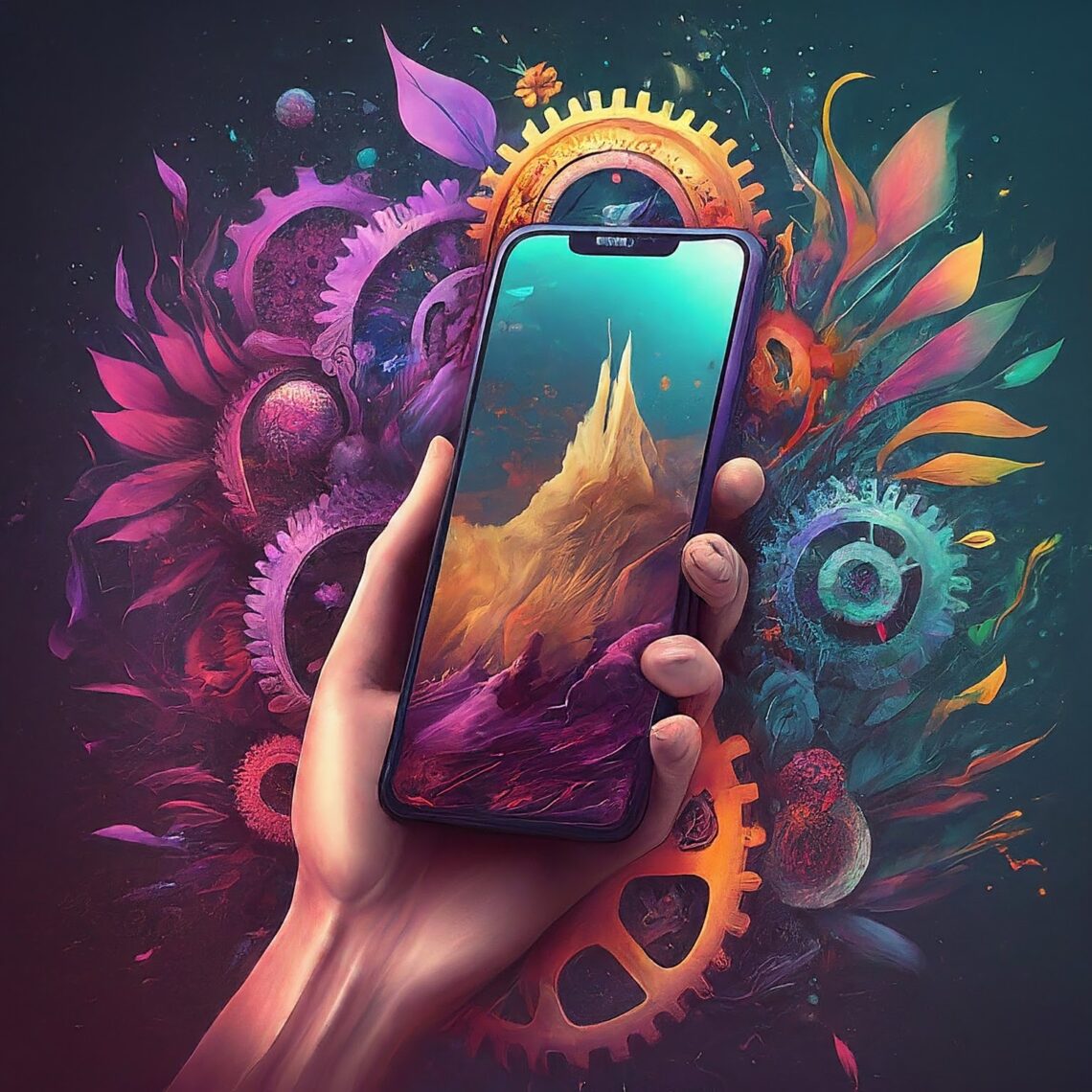In 2024, Apple is poised to make significant strides in artificial intelligence (AI) with the introduction of iOS 18 and the iPhone 16, signaling a profound shift in how technology integrates into our daily lives. This upcoming wave of innovation underscores Apple’s ambition to dominate the AI domain, not just through software advancements but with remarkable hardware improvements as well. Here, we delve into what these developments might entail and how they could redefine our interaction with Apple devices.
The Forefront of AI: iOS 18
iOS 18 is anticipated to be one of Apple’s most substantial updates, primarily due to its emphasis on AI. Tim Cook, Apple’s CEO, has fueled expectations with hints at groundbreaking AI technology advancements within the company. The excitement is largely based on reports suggesting Apple is developing its own AI technology, known as Apple GPT, which started in 2022. This technology is expected to integrate AI features across Apple’s suite of products, heralding a new era of intelligent and interactive applications.
Next-Generation Chips: A18 and M4
The hardware aspect of Apple’s AI push involves the next-generation chips, the A18 and M4, which are expected to feature in future iPhone and Mac models. These chips are rumored to have an upgraded neural engine with a significantly higher number of cores, enhancing the performance of AI-driven features like Siri, shortcuts, messages, and Apple Music. The A18 series chips, in particular, are set to debut in the iPhone 16 models, potentially bringing some generative AI features exclusive to these new devices.
Generative AI and the Future of Apple Devices
Generative AI has captured global attention with technologies like OpenAI’s ChatGPT, showcasing the potential of AI in generating text, images, and even engaging in meaningful conversations. Apple has expressed interest in this area, with Tim Cook revealing plans to unveil more details about the company’s generative AI efforts later in the year. This move could bring a new level of intelligence and interactivity to Apple devices, setting the stage for unprecedented personalization, efficiency, and creativity.
The Importance of the Neural Engine
The neural engine, a critical component behind AI and machine learning tasks on Apple devices, has seen remarkable evolution over the years. From a two-core version in earlier iPhone models to an eight-core version in subsequent releases, and eventually to a 16-core version used in iPhone models from the 12 series onwards, Apple has continuously improved its performance. This engine’s significance extends beyond iPhones to the Mac ecosystem, with most models equipped with Apple silicon chips featuring a 16-core neural engine. The upcoming M4 chip, expected in late 2024 or early 2025, is anticipated to further enhance AI processing capabilities.
Redefining the Possibilities of AI Technology
As the tech industry experiences a surge in generative AI technologies, Apple’s foray into AI with iOS 18 and its next-generation chips represents a significant step forward. These advancements not only underscore Apple’s ambition to lead in the AI space but also promise to introduce a new level of intelligence and interactivity to its devices. With the Worldwide Developers Conference (WWDC) in June, where iOS 18 is expected to be unveiled, the tech community is eagerly awaiting to see how Apple will leverage its hardware and software innovations to redefine the possibilities of AI technology.
In conclusion, Apple’s venture into AI with iOS 18 and the upcoming A18 and M4 chips marks a bold move towards creating a more intelligent and interconnected digital experience. By harnessing the power of advanced AI and machine learning, Apple is not just enhancing the functionality of its devices but is also paving the way for a future where technology seamlessly integrates into the fabric of everyday life, offering unprecedented levels of personalization, efficiency, and creativity. The anticipation for Apple’s next leap in AI technology continues to grow, promising to usher in a new era of digital innovation.

